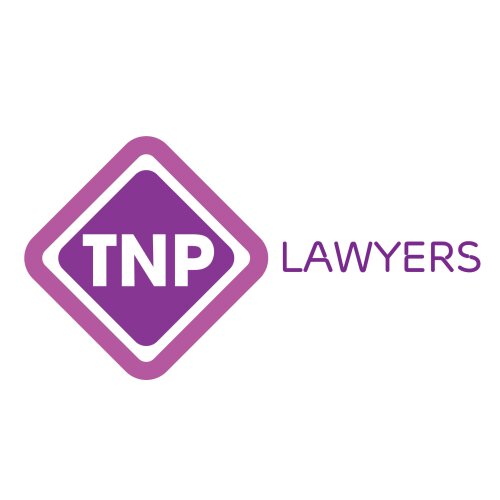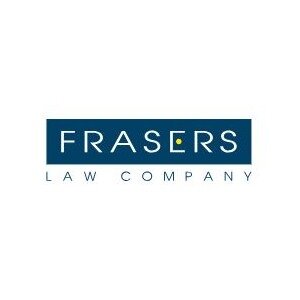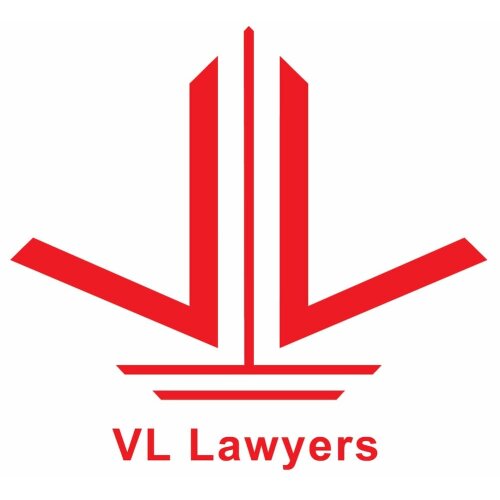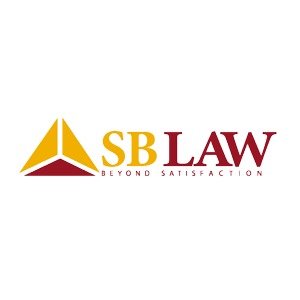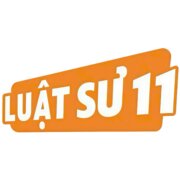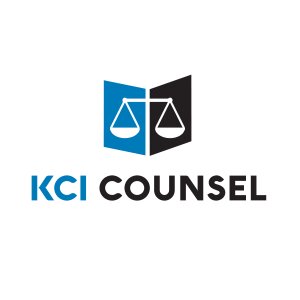Best Sanctions & Export Controls Lawyers in Ho Chi Minh City
Share your needs with us, get contacted by law firms.
Free. Takes 2 min.
List of the best lawyers in Ho Chi Minh City, Vietnam
![[DDC] DONG DU INTERNATIONAL ACCOUNTING, TAXES & LEGAL CONSULTING GROUP HCMC VIETNAM](https://lawzana.com/storage/firms/2690/17617306202399.jpg)
About Sanctions & Export Controls Law in Ho Chi Minh City, Vietnam
Sanctions and export controls are areas of law that regulate the movement of goods, services, technology, and funds across international borders. In Ho Chi Minh City, Vietnam, these regulations are enforced to ensure compliance with both Vietnamese law and relevant international agreements. The legal framework aims to prevent illegal trade, comply with United Nations sanctions, protect national security, and ensure that sensitive technologies or goods are not misused or diverted to prohibited entities or countries. Businesses and individuals operating in Vietnam must be aware of these laws to avoid severe penalties and protect their reputations.
Why You May Need a Lawyer
Legal counsel can be critical in navigating the complexities of sanctions and export controls in Vietnam. You may need a lawyer in situations such as:
- Dealing with disputes or investigations related to export or import of controlled or sensitive goods.
- Conducting due diligence on foreign business partners or transactions to avoid unintentionally violating sanctions.
- Understanding whether your company’s products, technology, or software falls under export control regulations.
- Applying for export or import licenses and ensuring compliance with local regulations.
- Responding to customs seizures or regulatory enforcement actions.
- Adapting your operations or contracts in response to changes in international sanctions on specific countries or individuals.
- Implementing and maintaining compliance programs and staff training on sanctions and export controls.
Local Laws Overview
Vietnam has developed a robust legal framework governing sanctions and export controls. The key aspects include:
- Vietnam adopts and implements United Nations Security Council Resolutions related to economic and trade sanctions against entities, goods, or countries.
- The Ministry of Industry and Trade is the primary agency regulating export controls, including the issuance of permits and licenses for export and import of specific controlled goods such as military equipment, dual-use items, chemicals, and technologies.
- The Law on Foreign Trade Management and its related decrees establish criteria for embargoes and export control lists, setting out procedures for approval and the scope of restricted activities.
- Customs authorities play a significant role in monitoring compliance and enforcing restrictions at ports and border crossings.
- Non-compliance can result in severe civil and criminal penalties including fines, confiscation of goods, suspension of business activities, and imprisonment.
- Vietnamese entities engaging in overseas transactions must also consider the extraterritorial reach of foreign laws, such as US or EU sanctions, especially when dealing with multinational enterprises or foreign currency transactions.
Frequently Asked Questions
What are sanctions and export controls?
Sanctions are legal restrictions imposed to regulate or prohibit trade or financial transactions with certain countries, entities, or individuals for reasons such as national security or compliance with international agreements. Export controls regulate the transfer of specific items, technology, or information out of the country or to certain destinations or parties.
Which government bodies enforce sanctions and export controls in Vietnam?
The Ministry of Industry and Trade is the principal agency for export control regulations. The Ministry of Public Security, Ministry of Foreign Affairs, and General Department of Vietnam Customs also play important roles in enforcement and oversight.
What kinds of goods are subject to export controls in Vietnam?
Controlled goods generally include military products, dual-use items (goods with both civilian and military uses), sensitive technologies, rare minerals, pharmaceuticals, and chemicals listed in relevant Vietnamese decrees or international agreements.
Do I need a license to export controlled goods?
Yes, exporting controlled goods typically requires obtaining a permit or license from the Ministry of Industry and Trade. Exporters must apply and provide details of the goods and the intended end-user.
How do international sanctions impact my business in Ho Chi Minh City?
If your business deals with countries, individuals, or entities subject to international sanctions, you must ensure compliance with these restrictions to avoid legal penalties and protect your ability to engage in international trade.
What are the penalties for violating sanctions or export control regulations in Vietnam?
Penalties for violations can include administrative fines, confiscation of goods, suspension or revocation of business licenses, and imprisonment in cases of serious or repeated offenses.
Is my company responsible for compliance if we use foreign distributors or agents?
Yes, Vietnamese companies are responsible for ensuring that export controls and sanctions are respected throughout their distribution chain, including the activities of agents, brokers, and distributors.
What is due diligence in the context of sanctions and export controls?
Due diligence refers to the process of thoroughly investigating potential business partners, end-users, and intermediaries to ensure that transactions do not violate any applicable sanctions or export control regulations.
Can I export goods to a sanctioned country if they are not on the control list?
Generally, all transactions with fully sanctioned countries or parties are prohibited unless an explicit exception or license is granted. Exporting non-controlled goods does not automatically guarantee compliance with sanctions.
How can a lawyer help with sanctions and export controls issues?
A lawyer can advise on compliance strategies, assist with licensing applications, represent your interests in investigations or disputes, conduct risk assessments, and help you navigate the rapidly changing international legal landscape.
Additional Resources
If you need more information or support regarding sanctions and export controls in Ho Chi Minh City, consider reaching out to the following organizations:
- Ministry of Industry and Trade of Vietnam - Department of Import and Export
- General Department of Vietnam Customs
- Ho Chi Minh City Bar Association
- Ministry of Public Security
- Vietnam Chamber of Commerce and Industry (VCCI)
- Legal aid centers specializing in business and international trade law
Next Steps
If you believe you need legal assistance with sanctions or export controls issues in Ho Chi Minh City, consider the following steps:
- Gather all relevant documentation related to your business activities, including contracts, invoices, shipping records, and communications.
- Contact a qualified lawyer or law firm with experience in international trade, sanctions, and export controls, preferably one familiar with Vietnamese and global legal frameworks.
- Schedule a consultation to discuss your situation, bring your documentation, and outline your specific concerns and objectives.
- Follow legal guidance on compliance requirements, potential risks, and corrective actions if necessary.
- Implement internal compliance policies and training to minimize future risks.
Acting proactively will help you manage legal risks and ensure compliance with Vietnam’s sanctions and export controls regulations.
Lawzana helps you find the best lawyers and law firms in Ho Chi Minh City through a curated and pre-screened list of qualified legal professionals. Our platform offers rankings and detailed profiles of attorneys and law firms, allowing you to compare based on practice areas, including Sanctions & Export Controls, experience, and client feedback.
Each profile includes a description of the firm's areas of practice, client reviews, team members and partners, year of establishment, spoken languages, office locations, contact information, social media presence, and any published articles or resources. Most firms on our platform speak English and are experienced in both local and international legal matters.
Get a quote from top-rated law firms in Ho Chi Minh City, Vietnam — quickly, securely, and without unnecessary hassle.
Disclaimer:
The information provided on this page is for general informational purposes only and does not constitute legal advice. While we strive to ensure the accuracy and relevance of the content, legal information may change over time, and interpretations of the law can vary. You should always consult with a qualified legal professional for advice specific to your situation.
We disclaim all liability for actions taken or not taken based on the content of this page. If you believe any information is incorrect or outdated, please contact us, and we will review and update it where appropriate.






